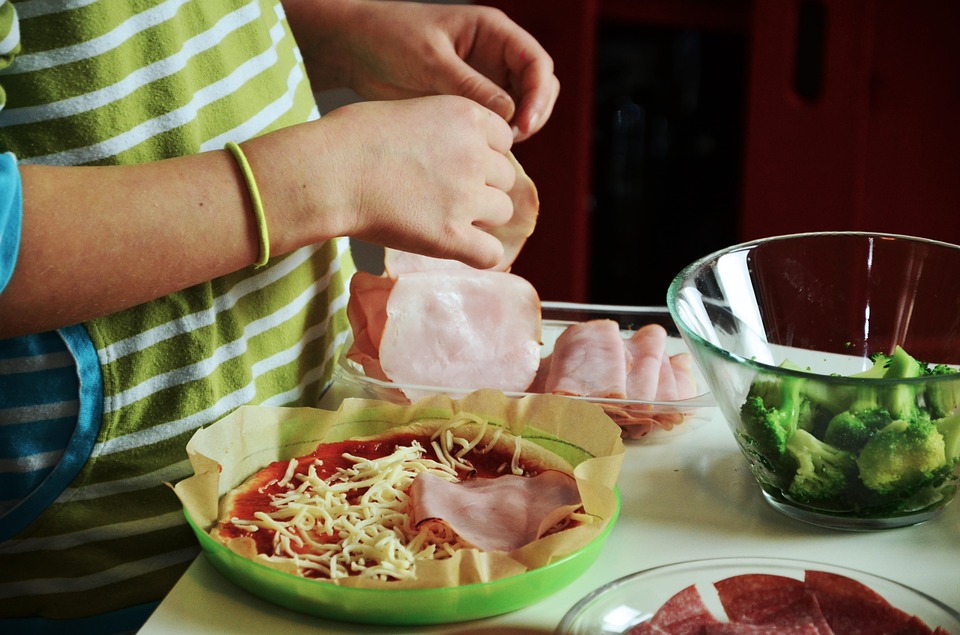Often, lifestyle changes are all that’s needed to treat GERD in children, says Dr Patcharin Amornvipas of Samitivej International Children’s Hospital.
If your baby spits up frequently or if your older child seems to complain often of heartburn and stomach ache, you might be dealing with GERD. Gastro-esophageal reflux disease (GERD) refers to the contents of the stomach coming up into the esophagus. When the reflux is frequent (for some patients almost daily or weekly), the stomach acid inflames the esophagus and the resultant discomfort cannot be ignored.
Infants
Symptoms: All babies bring up food. So, how can you tell if your baby has GERD? If babies do not have GERD, they will spit up their feed and continue to gurgle and smile at you while you clean up. However, in babies with GERD, spitting will be accompanied by crying, arching of the back, and a nasal, hoarse voice within a half hour of a feed. Other symptoms include: vomiting or the presence of blood in vomit; refusal to swallow or eat or if food seems to frequently go into their airways; and a respiratory tract infection, breathing trouble, or sleep apnea (shallow or infrequent breathing during sleep). In some premature babies, an immature lower esophageal sphincter (LES) could cause GERD and indicate chronic lung disease such as bronchopulmonary dysplasia. Babies with neurological impairment are susceptible to GERD and should, therefore, be carefully observed.
Causes: GERD can be caused by physiological or pathological factors. In this context, physiological factors would refer to the process of digestion and the organs involved. Usually, GERD in babies aged 10 months, or less, has physiological causes. Normally, when we eat something, the LES opens to allow food into the stomach. Thereafter, it closes so that the food or other stomach contents do not travel back into the esophagus. However, some babies have an immature LES, that is, an LES that is not fully developed, or a weak sphincter. In such cases, stomach contents can move back into the esophagus.
Treatment: Often, as babies grow, the LES matures and does its job, so minor lifestyle modifications help deal with GERD. The baby should be fed small meals frequently. Breastfeeding in itself is helpful but this should also be in small, frequent doses. It can be complemented by thickened infant formula with oatmeal, rice powder, etc. to ensure that food does not come up the esophagus. When feeding, babies should be in a high- head position to prevent food coming back up. Hold the baby upright for 30 minutes before laying it down after a feed. If the baby seems to be losing weight or still fussy despite such lifestyle modifications, then doctors recommend anti-reflux medicine.
Older Children
Symptoms: Children suffering from GERD complain of chest pain, heartburn, pain when swallowing, stomach pain, vomiting, a sour taste in the mouth, cough, difficulty in eating or swallowing, etc. Since discomfort might lead children to refuse food, they might gradually register a loss in weight as well.
Causes: In the case of older children and adults, the cause is usually pathological, that is, it is related to or caused by a disease. Frequent heavy meals, obesity, overeating, too much caffeine or carbonated drinks, viral infections, reactions to antibiotics, ingestion of a foreign body, and smoking can trigger GERD. It is also possible that the cause could be pathological, so a loose LES (or esophageal dysmotility) could be responsible for GERD in a child and requires further investigation.
Treatment: Again, some lifestyle changes might help deal with GERD without resorting to medication. Children should not eat about 3 hours before they sleep. Butter, coffee, cheese, carbonated drinks, and chocolate should be consumed in moderation. The parents or babysitter are also advised to stop smoking. Medicines can be prescribed to reduce acidity and enable normal movement of the LES. Usually, a course of medication is required for 2 months or less. If the problem is not addressed by then, further investigation such as an endoscopy may be required. In case of noticeable weight loss, it is best to see a doctor as early as possible.
How is GERD diagnosed?
While GERD can make life difficult for adults, for children, especially babies who cannot articulate their discomfort, it is particularly frustrating. Although GERD may present differently among infants and older children, diagnosis usually follows the same route.
- Barium is orally administered to help doctors detect obstructions in the esophagus, stomach and intestine on an X-ray.
- A pH probe inserted for 24 hours helps measure the level of refluxed stomach acids.
- An endoscopy involves inserting a small thin tube with a camera at the end into the esophagus to detect ulcers, tears, etc, but is uncomfortable and may require sedation.
For both babies and older children, early detection and intervention is an effective way to deal with GERD.
By Patcharin Amornvipas, M.D., Paediatric Gastroenterology and Hepatology Specialist at Samitivej International Children’s Hospital, Srinakarin
Above image from New Mommy Media Network.














